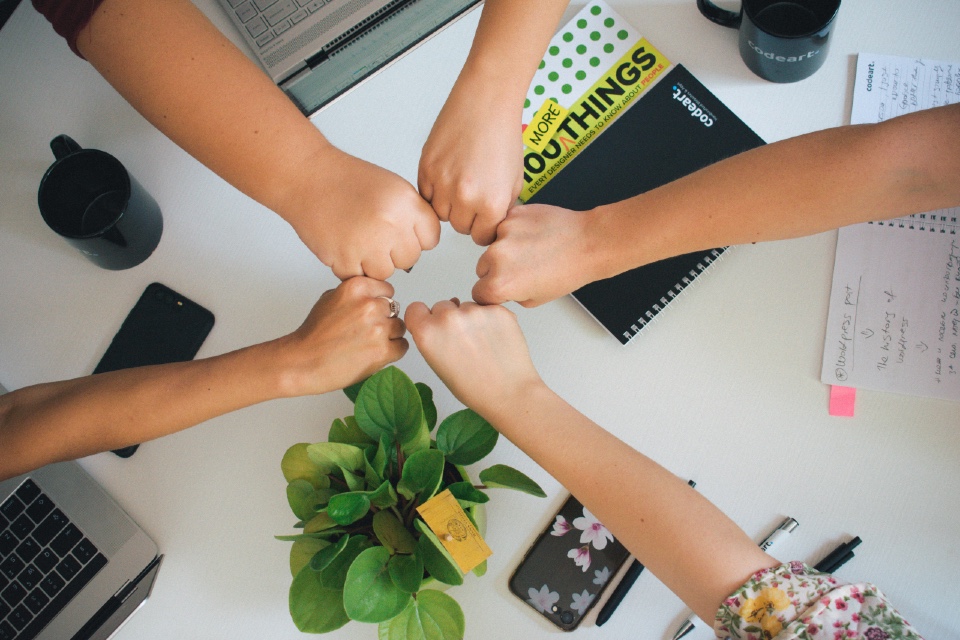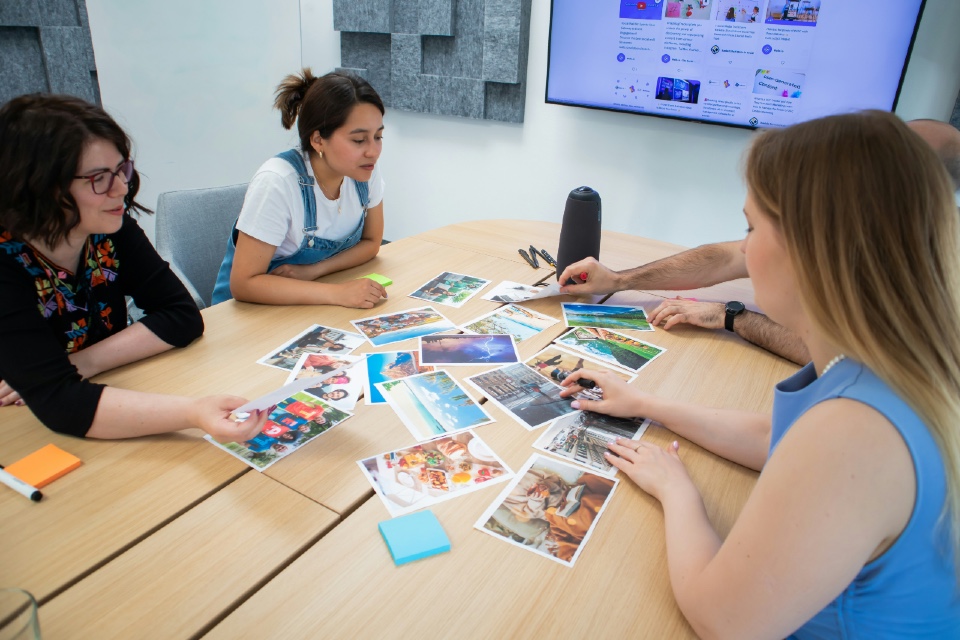As organisations across the UK prioritise sustainability, team-building initiatives are evolving to align with environmental and social responsibility goals. For senior HR professionals, this shift presents an opportunity to create meaningful team-building experiences that foster collaboration, boost morale, and contribute to a positive impact beyond the workplace. Here’s how organisations can incorporate sustainability into team-building strategies for 2025…
1. Align Team Building with Organisational ESG Goals
Sustainable team-building activities should reflect an organisation’s Environmental, Social, and Governance (ESG) commitments. Activities such as tree planting, beach clean-ups, or building community gardens not only promote teamwork but also reinforce the company’s sustainability mission.
By choosing activities that support local communities or address global challenges, organisations demonstrate their dedication to making a difference while providing employees with a shared sense of purpose.
2. Choose Eco-Friendly Formats
The logistics of team-building events can have a significant environmental impact. Opt for eco-friendly venues that prioritise renewable energy, waste reduction, and sustainable catering options. Outdoor team-building activities, such as hiking challenges or conservation projects, are inherently low-impact and offer the added benefit of connecting employees with nature.
When planning events, consider virtual or hybrid formats for teams with remote employees. This reduces travel-related emissions while maintaining inclusivity for all team members.
3. Incorporate Learning and Awareness
Sustainability-focused team-building activities can double as educational opportunities. Workshops on reducing carbon footprints, recycling, or ethical sourcing can be engaging and informative. Similarly, team challenges like creating sustainability roadmaps for the organisation encourage innovation and practical problem-solving.
Collaborating with non-profit organisations or environmental experts adds depth to these activities, providing employees with insights they can apply both professionally and personally.
4. Foster Long-Term Engagement
Sustainable team building shouldn’t be a one-off event. Integrate ongoing initiatives that allow employees to track progress and see the tangible results of their efforts. For example, teams involved in reforestation projects can receive updates on the growth of trees they’ve planted.
Sustained engagement keeps employees invested in both the activity and the organisation’s broader sustainability goals.
5. Measure Impact and Share Success
Documenting and sharing the outcomes of sustainable team-building activities reinforces their value. Highlighting metrics such as waste reduced, funds raised, or community benefits achieved demonstrates the organisation’s commitment to its values.
Conclusion
Sustainable team building is a powerful way to engage employees while advancing environmental and social goals. By aligning activities with ESG priorities, choosing eco-friendly formats, and fostering long-term impact, senior HR professionals can create meaningful experiences that strengthen teams and contribute to a better world. In 2025 and beyond, team building is not just about connection—it’s about making a difference.
Are you searching for Team Building solutions for your organisation? The HR Summit can help!








